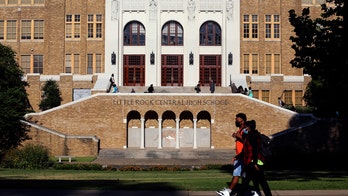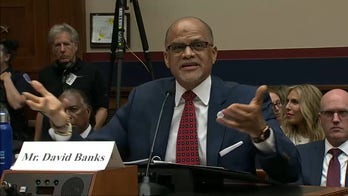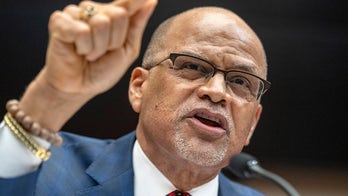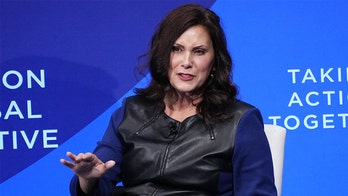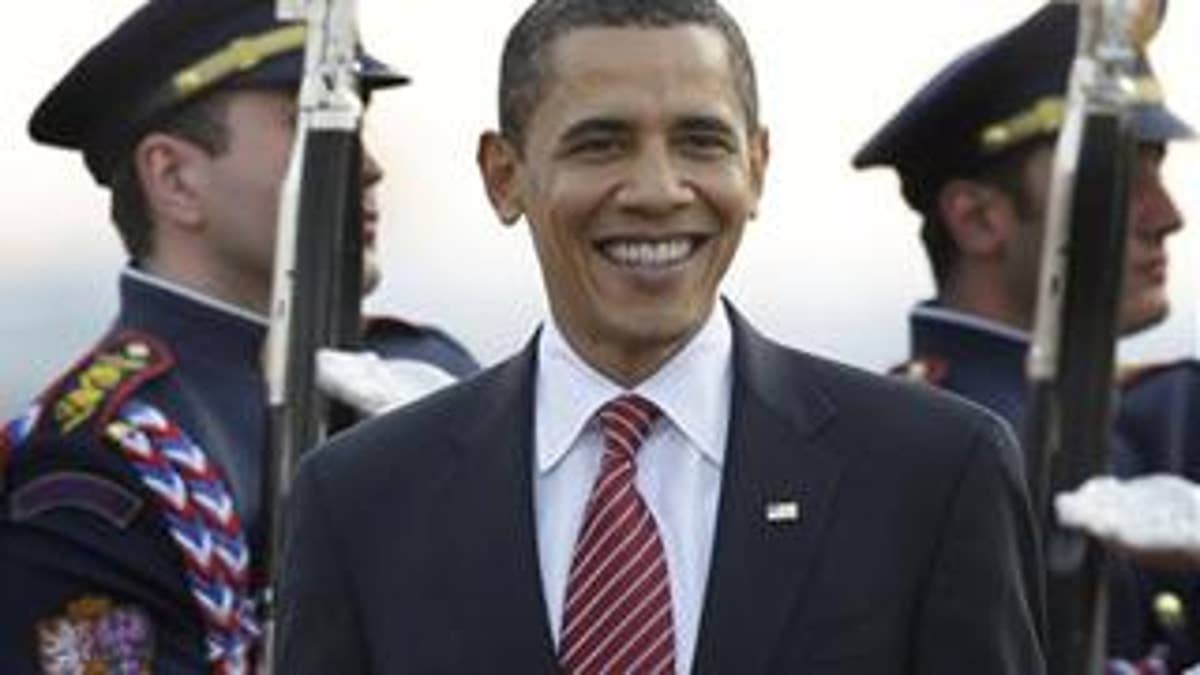
President Obama may have been swinging for a home run in his debut on the world stage, but European and other global leaders held him to what might be called a ground-rule double.
Obama failed to get European leaders to commit to U.S.-style stimulus packages or to get NATO allies to send more combat troops to Afghanistan.
But he prevented French President Nicolas Sarkozy from walking out of the G20 summit, as he threatened to do earlier. He also helped persuade China to agree to publish lists of tax havens, and got NATO allies to agree to sending up to 5,000 more military trainers and police to Afghanistan.
Obama's assessment of his own performance was that it was "OK," he said Thursday after the G20 conference.
Then on Saturday, he struck an upbeat note about the commitments he received from NATO.
"I am pleased that our NATO allies pledged their strong and unanimous support for our new strategy," Obama said at the end of a NATO summit that was heavily focused on Afghanistan and the newly retooled U.S. strategy to root out terrorists there and in neighboring Pakistan. "We've started to match real resources to achieve our goals," he said.
The White House said NATO countries agreed to send more personnel, including about 3,000 on short-term deployments, as the alliance steps up its campaign to stabilize Afghanistan before elections in August. An additional 1,400 to 2,000 will provide training for Afghanistan's national army.
But the allies rebuked Obama's push for Europe to share the burden of the anti-terror fight in Afghanistan with more combat troops. That leaves the heavy lifting in U.S. hands. As he escalates U.S. involvement in Afghanistan and Pakistan, Obama also is seeking to broaden the multinational commitment to preventing new terrorist attacks that he has repeatedly told Europeans are just as likely on their continent as in America.
Since Obama took office in January, the United States has committed to sending 21,000 additional troops as part of his new strategy.
The president is in the midst of an eight-day European trip focused on the global economic crisis and the terrorism fight in Afghanistan.
On the latter front, Obama spent the past few days trying to drum up support during a summit marking the 60th anniversary of NATO.
"These commitments of troops, trainers and civilians represent a strong down payment" toward securing Afghanistan, he said.
Obama downplayed the allies' refusal to send in more combat troops, saying the summit was "not a pledging conference."
"All these allies have combat troops on the ground," and "part of our strategy is to make sure we have a much more comprehensive approach," Obama said.
"The trainers we are sending in are no less important than those in direct combat with the Taliban," he said.
America's allies, he added, "are making significant commitments despite having participated in what's turned out to be a very lengthy operation."
He repeatedly argued that terrorists in Afghanistan don't threaten just the U.S.
"These terrorists threaten every member of NATO. ... They are plotting new attacks," he said.
"This effort cannot be America's alone," added Obama, who is working hard to prevent the anti-terror mission from being viewed as a U.S. war and, by extension, his.
Earlier in his weeklong European trip, Obama said Europe should not expect the U.S. alone to bear the combat burden, saying: "This is a joint problem. And it requires a joint effort."
The Associated Press contributed to this report.

